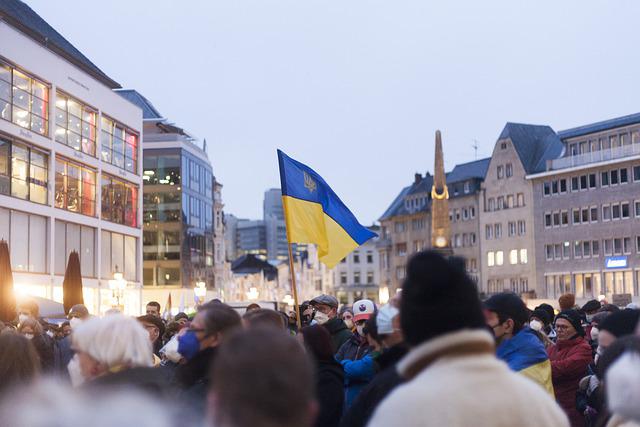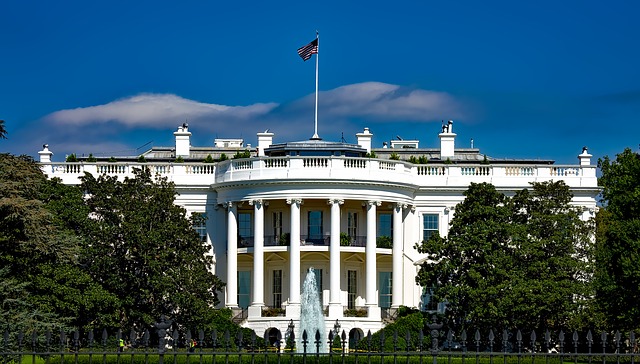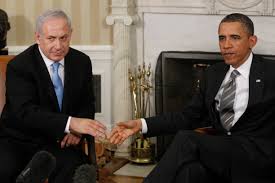Breaking
- MENU

With Russia’s invasion of Ukraine now in its third month, with more and more reports of Russian atrocities, and Russian Foreign Minister Sergei Lavrov’s clearly anti-Semitic comments resonating negatively in Israel, pressure has been growing on the government led by Naftali Bennett to jettison its position of neutrality and take a more pro-Ukrainian position. Yet, while Israel has moved somewhat towards the Ukrainian side by providing 100 tons of humanitarian aid, a field hospital and helmets and flak jackets for Ukrainian rescue workers, as well as voting to condemn Russia in the UN General Assembly, Israel has not ended air flights to Moscow, terminate trade with Russia or impose sanction on Russian Oligarchs close to Russian leader Vladimir Putin as the US has urged Bennett to do.
What explains this policy neutrality, which has been characterized by unsuccessful Israel efforts to mediate the conflict. To understand this policy, it is necessary to examine Israel's four major interests in maintaining a good working relationship with Moscow. First and foremost is the question of Syria. Iran, a sworn enemy of Israel, has been seeking to build bases in Syria close to the Israeli border, from which it could more easily attack Israel than from Iranian territory, which is almost 1,500 miles away. To prevent such a development, as well as to interdict military shipments to Hezbollah, Iran’s proxy, which controls Lebanon on Israel’s northern border, Israel has been regularly bombing Iranian and Hezbollah positions in Syria with the acquiescence of Russia, as the latter controls much of Syria’s airspace with SAM-300 and SAM-400 anti-aircraft missiles. So far, Russia has tolerated the Israeli attacks because it has been seeking to limit Iranian influence in Syria. Bennett fears that should Israel take a more outwardly pro-Ukrainian position, Russia’s acquiescence in the Israeli air attacks would end, creating a major security problem for Israel.
A second motivating factor for Israel’s neutrality in the war is Russian Jewish emigration to Israel. Hundreds of thousands of Jews live in Russia, and Putin’s government has permitted their free emigration to Israel and treated the Russian Jewish community with respect. This is important because anti-Semitism, as reflected in Lavrov’s recent remarks where he claimed Hitler was a Jew and that Jews cooperated with the Nazis, is never far from the surface in Russia. Bennett fears that emigration could be curtailed and Russian anti-Semitism reinforced, if Israel were to take a more pro-Ukrainian position. In this context, it should not be forgotten that, following the Holocaust, Israel considers itself the protector of Jews around the world, and the ethos of Israel is the immigration of Jews.
Two others, less important, factors affect Israeli decision-making on the war. The first is trade, currently about US$3.5 billion a year, where Israel imports Russian oil, metals and diamonds and exports high-tech and agricultural products. Finally, there has been a close cultural tie between Israel and Russia. With more than one million Jews from the Former Soviet Union living in the country, there is a strong linguistic and cultural link, with Russian artists performing in Israel and vice-versa, and before Covid there was extensive tourism in both directions.
In Israel, there have been two schools of thought on the government’s position. The first, emphasizing Israel’s security requirements, advocates maintaining a neutral position (much as India, Saudi Arabia, and the UAE have done) so Israel can be free to continue to attack Iranian and Hezbollah positions in Syria. The opposing school of thought, represented by former defense minister Moshe Yaalon and former foreign minister Tzipi Livni, argues that in what has become a US-Russia proxy war in Ukraine, Israel must stand on the side of its primary ally, the US or possibly lose US support in the future, something Israel can ill afford to do.
It will be interesting to see which position the Israeli government ultimately takes, given growing evidence of Russian atrocities in Ukraine and growing pressure on Israel from both the US Congress and the Biden Administration.
As part of the policy, the MEI@ND standardizes spellings and date format to make the text uniformly accessible and stylistically consistent. The views expressed here are those of the author and do not necessarily reflect the views/positions of the MEI@ND. Editor, MEI@ND P R Kumaraswamy

Dr. Freedman is the Professor Emeritus at Baltimore Hebrew University and visiting professor at of Political Science at John Hopkins University. He is the author or contributing editor to 23 books, most recently Israel Under Netanyahu: Domestic Politics And Foreign Policy(New York and London: Routledge,2020). rofreddman@comcast.net

It was not a blue political Tsunami giving the Democrats control of both houses of Congress with lar.....

After three elections in less than a year and the COVID 19 epidemic, a National Unity Governme.....

I. George W. Bush and Israel II. From the Inauguration to 9/11 III. From 9/11 to Ju.....
